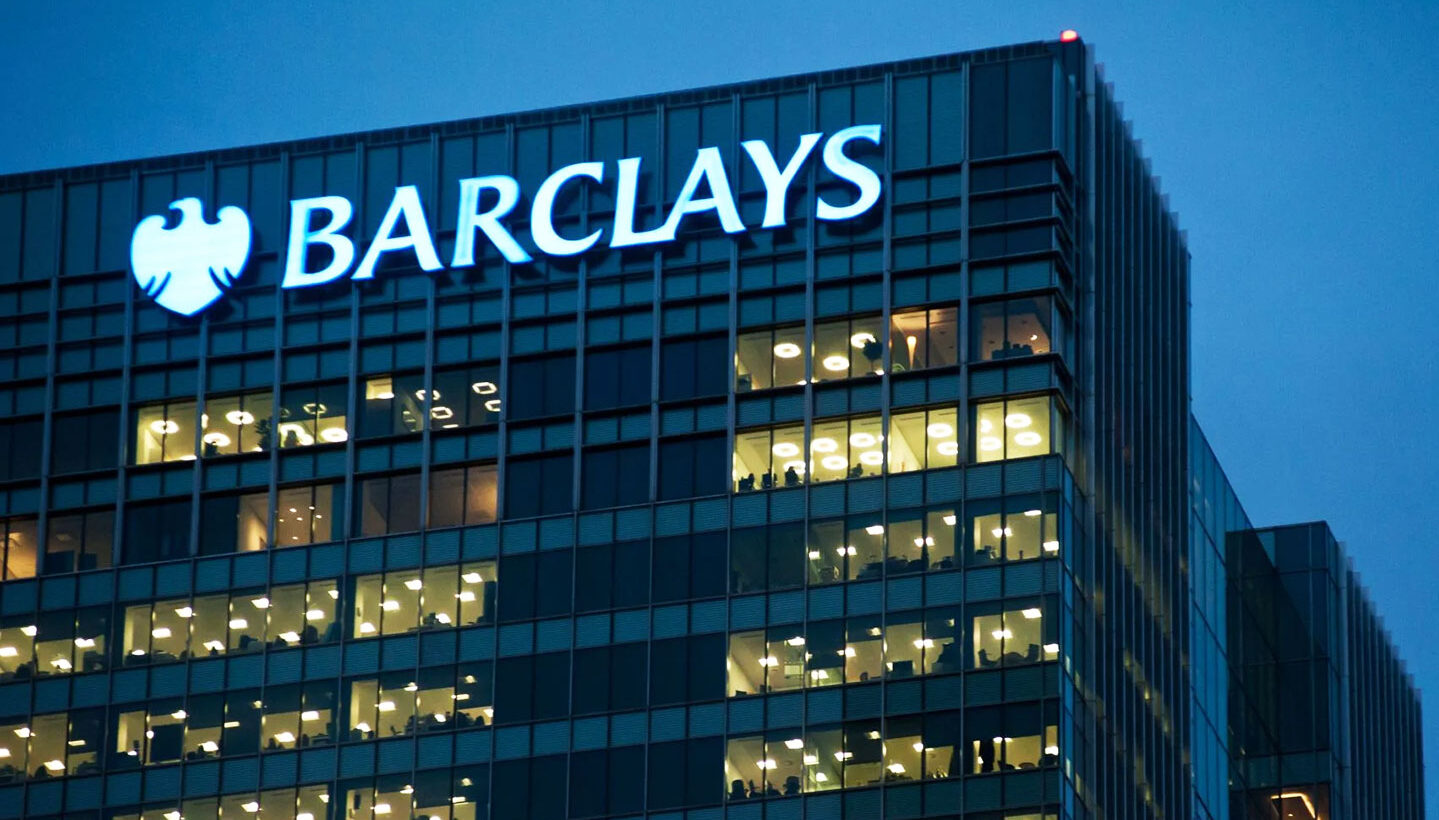Barclays have referred their Decision Notices to the Upper Tribunal. Any findings in the Notices are therefore provisional and reflect the FCA’s belief as to what occurred and how it considers the firms’ behaviour should be characterised. The Financial Conduct Authority (FCA) has decided to fine Barclays a total of £50 million in relation to its failure to disclose certain arrangements agreed with Qatari entities as part of its capital raisings announced on 25 June 2008 and 31 October 2008. Barclays’ conduct in the October capital raising was reckless and lacked integrity.
The Upper Tribunal will determine whether to uphold the FCA’s decisions against Barclays or not and whether there are any other actions that should be taken by the FCA. The Upper Tribunal’s decision will be made public on its website following a hearing. Accordingly, the action outlined in the Decision Notices will have no effect pending the determination of the cases by the Upper Tribunal. The capital raisings were conducted at the time of the 2008 financial crisis and subject to intense market and public scrutiny.
Certain Qatari entities were key investors in both capital raisings. At the same time, as part of the basis on which the Qatari entities agreed to participate in the capital raisings, Barclays entered into two advisory agreements involving payments to one of the Qatari entities totalling £322 million over three and five years respectively. These payments were calculated specifically by reference to the Qataris’ financial demands for investing in the capital raisings, not the value of the advisory services that Barclays expected to receive under the agreements.
Barclays published announcements and prospectuses concerning the capital raisings and, in relation to the October capital raising, a shareholder circular. Barclays disclosed that it had entered into an advisory agreement in June 2008, but did not disclose the October agreement, and did not disclose the payments under the capital raisings or their connection to the Qatari entities’ participation in the capital raisings.
The disclosure of the payments would have had a material impact on the terms of the capital raisings as disclosed, more than doubling the disclosed level of payments due to the Qatari entities in connection with their participation in the June capital raising and tripling the payments due to them in connection with their participation in the October capital raising. The FCA considers that it would have been highly relevant information to shareholders, investors and the wider market, especially in October 2008, in circumstances where the disclosed costs were already perceived to be very expensive.
The FCA issued Warning Notices against Barclays in 2013. The case was paused at that point pending the resolution of criminal proceedings brought by the Serious Fraud Office against Barclays and others. The case restarted following the end of those proceedings in 2019.
Mark Steward, Executive Director of Enforcement and Market Oversight, commented: ‘At the height of the financial crisis in October 2008, Barclays paid hundreds of millions of pounds in fees to certain Qatari investors so that they would contribute new capital. Barclays did not inform the market and shareholders about these matters as required. Barclays’ failure to disclose these matters was reckless and lacked integrity and followed an earlier failure to disclose fees paid to Qatari investors in June 2008. There was no legitimate reason or excuse for failing to disclose these matters, certainly no basis for doing so because of the financial crisis. Due transparency is always critical to financial markets, especially in times of market or financial stress. These findings by the FCA will now be considered by the Upper Tribunal.’
Source: FCA





